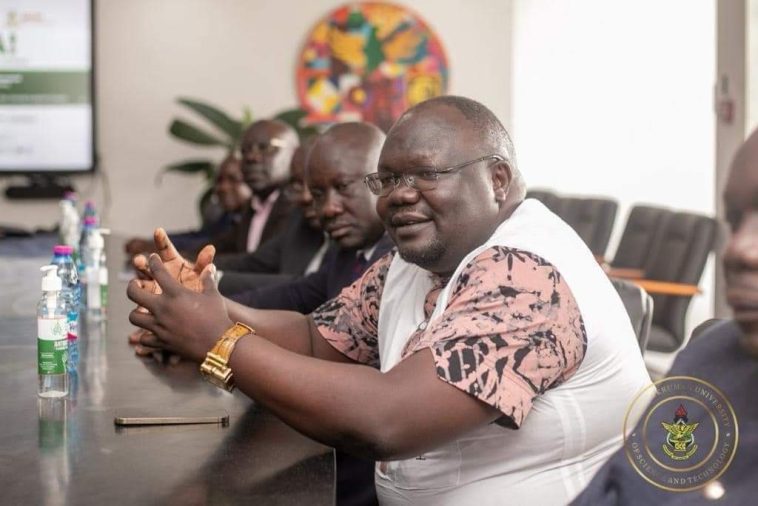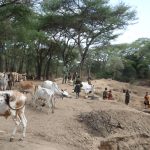There was once a little town in which many people were in debt but had no money to pay for it.
The sole hotel in this town was hardly doing any business anymore, and it was about to shut down for good!
One day a guest showed up wanting to spend a night there. However, before confirming his stay, he decided to first tour the town.
On hearing this, the receptionist asked the guest to leave a security deposit which he can take back in case he doesn’t like the town and will not be staying. The guest agreed and put a Shs 500,000 deposit on the counter.
It turns out that by coincidence this was the exact amount that the hotel owed to their chef as part salary for the last four months. So, the hotel manager decided to pay the chef using the guest’s deposit.
On receiving his pay, the chef saw that this was the exact amount of cash he owed the supermarket for months of groceries he hadn’t been able to pay for. He therefore decided to pay off the supermarket.
On receiving the money from the chef, the supermarket owner in turn realized it was the exact amount he owed the doctor for treating his wife’s arthritis. He immediately decided to pay the doctor for the treatment.
The doctor was a kind and conscientious man. Remembering that he had not paid his new nurse her wages for two months of service, the doctor immediately paid the nurse.
Being new in the town, the nurse had been staying in the hotel while she looked around for an affordable house to rent. This being her first job, she had no savings and couldn’t pay the hotel at that time. The money she received from the doctor was exactly what she owed the hotel. And so, she decided to pay off her lodging fees.
By this time the guest had finished his tour of the small town. Finding that he did not like the town after all and he would not be staying, he asked the hotel receptionist to return his deposit.
The hotel receptionist promptly paid back the guest’s deposit using the money the nurse had paid for her lodging.
And the guest left the town, never to be seen again.
Herein lies the paradox: no one had produced any new goods or services; no one earned anything. However, the whole town was out of debt; and yet the money used returned to its first owner. Nothing has changed, but along the way everybody’s debts were paid!
The guest’s Shs 500,000 had worked for all the players in this small town.
WHAT DO WE LEARN
· An Economy where there is no inflow of money will soon run short of money.
· Arua City’s economic landscape is currently characterized by a concerning trend – it operates as a net importer of goods, with a limited volume of exports. This situation implies that a significant amount of money is consistently flowing out of the city, while only a minimal amount is returning through exports. Such a trade deficit can have profound implications for the local economy, contributing to a perpetual imbalance that may lead to a continuous increase in poverty levels.
· The imbalance in trade, where the value of imported goods surpasses that of exported products, results in a constant outflow of financial resources from Arua City. This can have a cascading effect on the overall economic well-being of the city’s residents. As money consistently leaves the local economy, there is a reduced capacity for investment, job creation, and overall economic growth.
· The imperative for the Arua City Chamber of Commerce goes beyond merely facilitating trade; it involves a fundamental shift from being predominantly a hub for traders to actively fostering an environment where the city evolves into a center for production. The focus should be on transforming the economic landscape from one that primarily imports goods to a city that contributes significantly to the global market through its own exports. This transition is crucial not only for economic sustainability but also for reducing dependence on imported goods, particularly commodities like tomatoes and potatoes. Arua City, by interesting Gold Refinery set up in the city, can become a hub for minerals. This will bring the much-needed dollars to the economy. A lot of Timber leaves Arua City unprocessed. Setting up processing centers in the City before export will bring the cashflow.
Joel Aita
Chairman Development Infrastructure
This post was created with our nice and easy submission form. Create your post!





